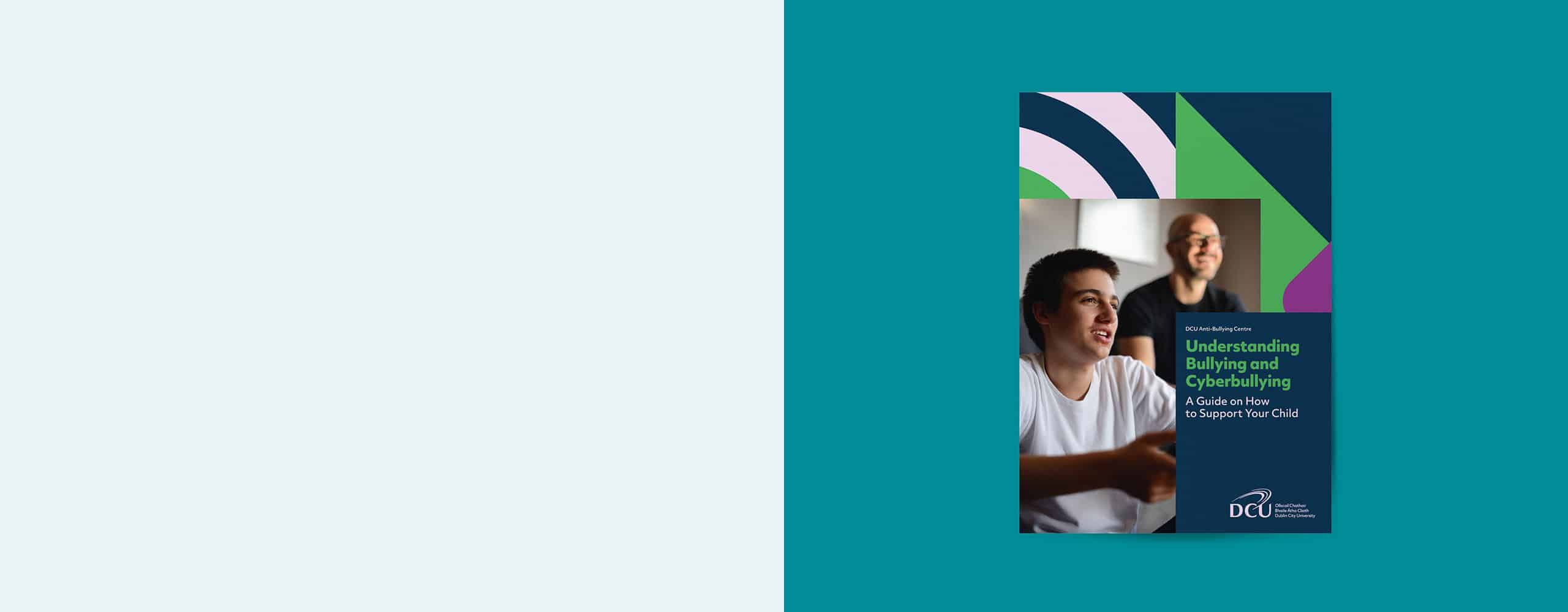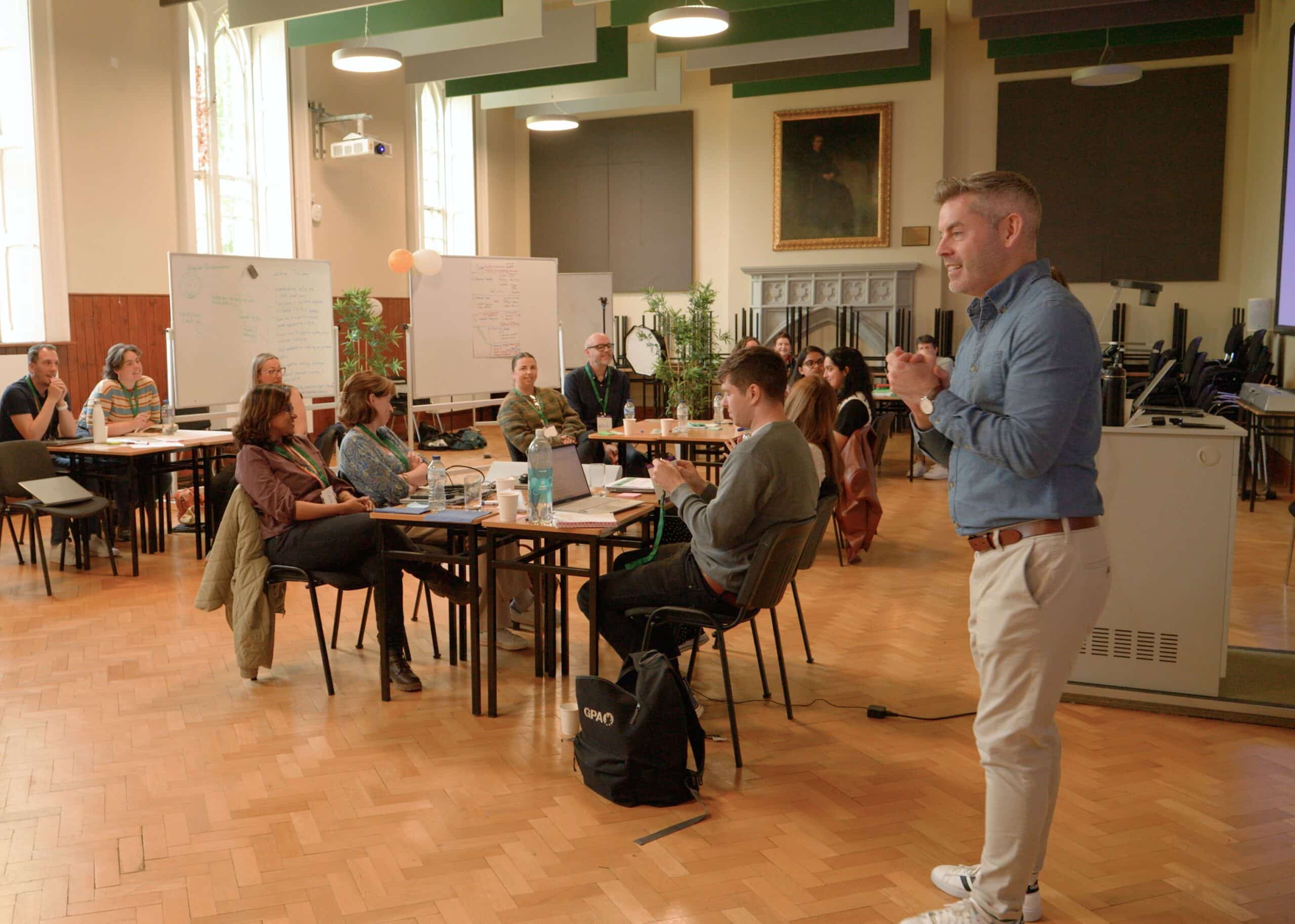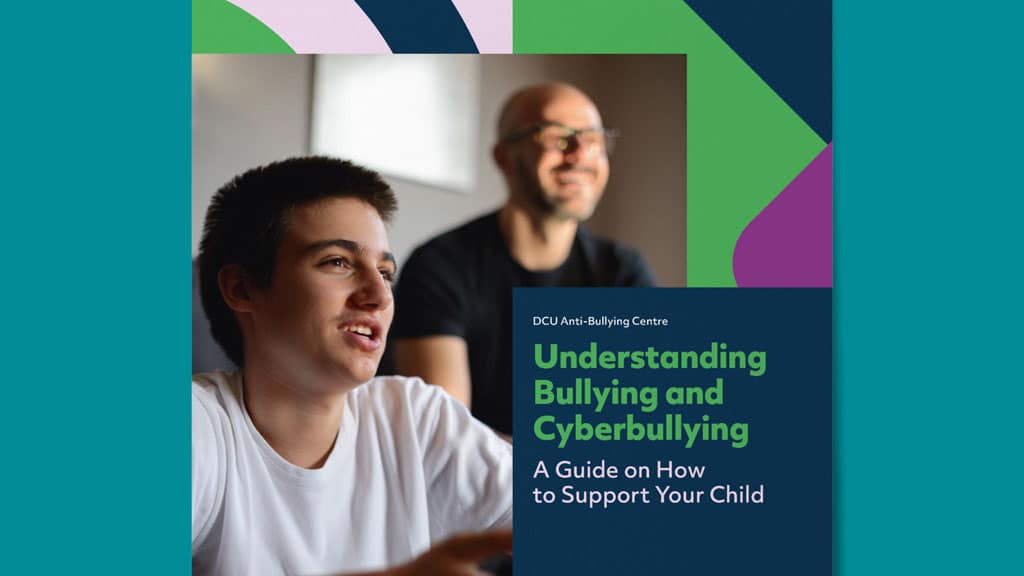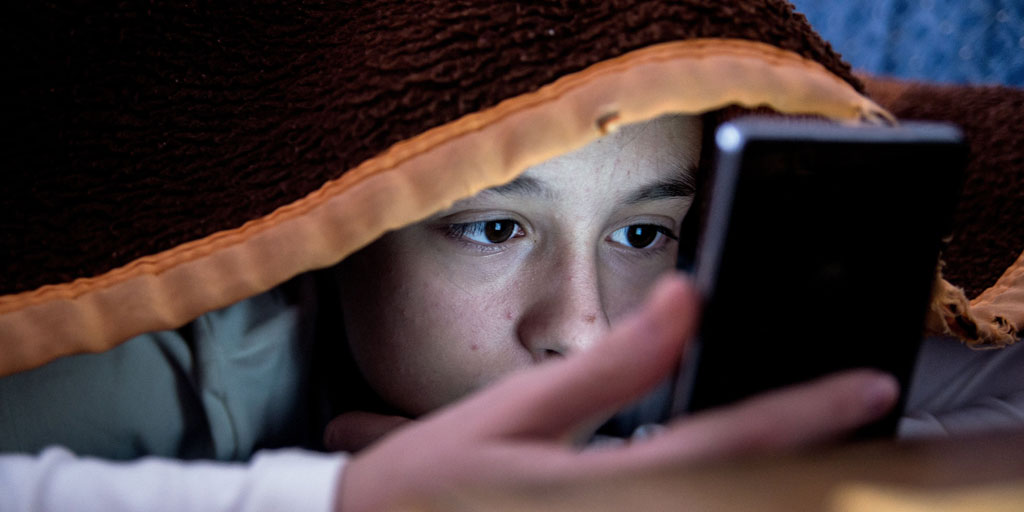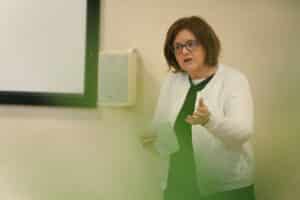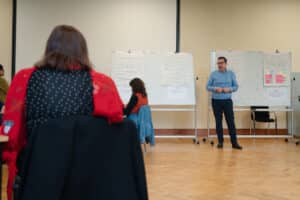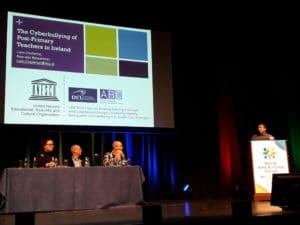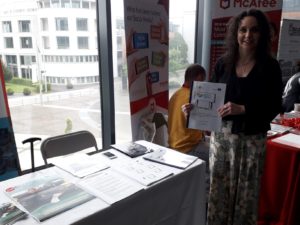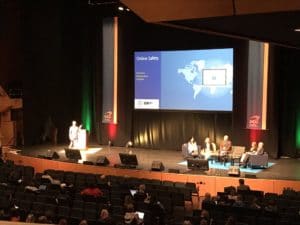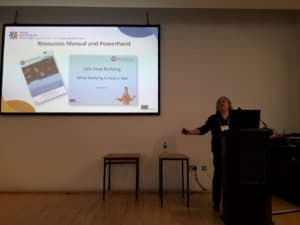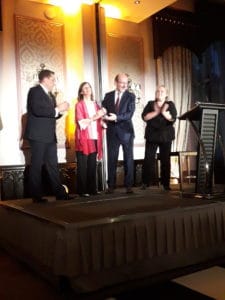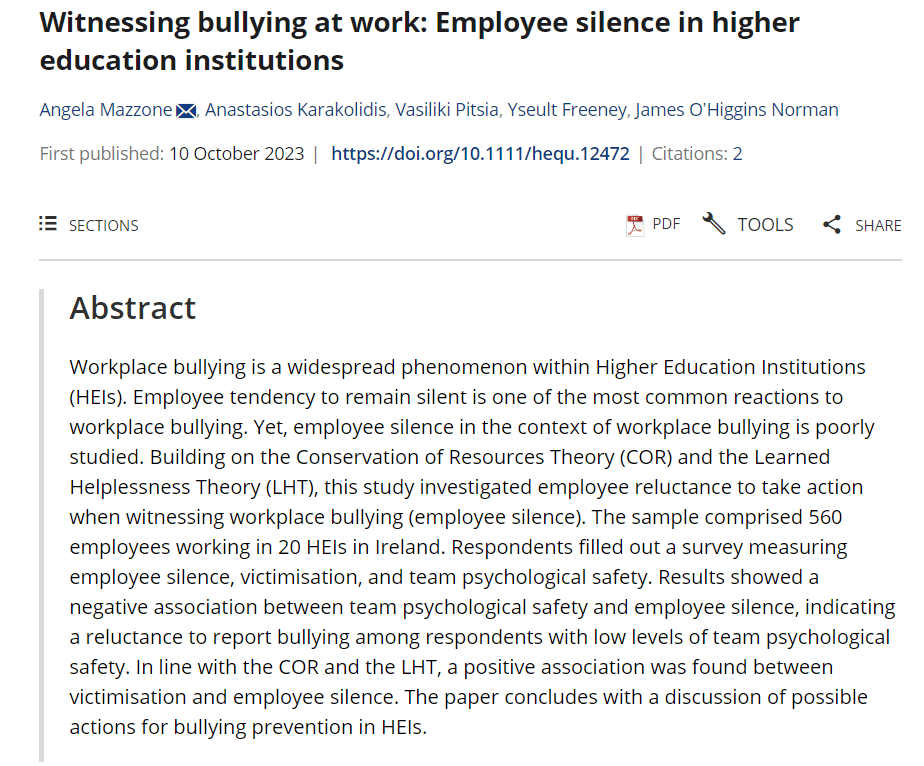
A new paper titled ‘Witnessing bullying at work: Employee silence in higher education institutions’ from Dublin City University’s Anti-Bullying Centre investigated workplace bullying in Higher Education Institutions (HEI) in Ireland.
The paper is published by Dr. Angela Mazzone, Dr. Anastasios, Dr. Vasiliki Pitsia, Dr. Yseult Freeney, and Professor James O’Higgins Norman, who conducted a study to investigate the associations between employee silence and several predictors in a sample of employees working in Irish HEIs. The study was conducted as workplace bullying is a widespread phenomenon within HEIs and employee tendency to remain silent is one of the most common reactions to workplace bullying. However, employee silence in the context of workplace bullying is poorly studied. Hence, the current paper built upon the Conservation of Resources Theory and the Learned Helplessness Theory by investigating employee reluctance to take action when witnessing workplace bullying (employee silence). The sample for the study consisted of 560 employees working in 20 HEIs across Ireland.
Respondents completed a survey that measured employee silence, victimisation, and team psychological safety. The results showed a negative association between team psychological safety and employee silence, indicating a reluctance to report bullying among respondents with low levels of team psychological safety. Further, a positive association was found between victimisation and employee silence. The paper concludes with a discussion of possible actions for bullying prevention in HEIs.
The publication is available at: https://doi.org/10.1111/hequ.12472

